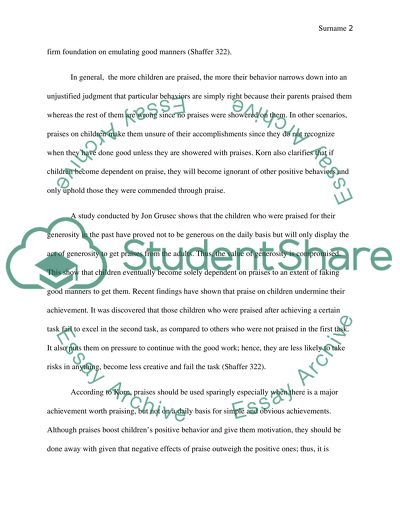Cite this document
(“Psychology Research Paper Example | Topics and Well Written Essays - 1250 words”, n.d.)
Retrieved from https://studentshare.org/psychology/1460751-psychology
Retrieved from https://studentshare.org/psychology/1460751-psychology
(Psychology Research Paper Example | Topics and Well Written Essays - 1250 Words)
https://studentshare.org/psychology/1460751-psychology.
https://studentshare.org/psychology/1460751-psychology.
“Psychology Research Paper Example | Topics and Well Written Essays - 1250 Words”, n.d. https://studentshare.org/psychology/1460751-psychology.


